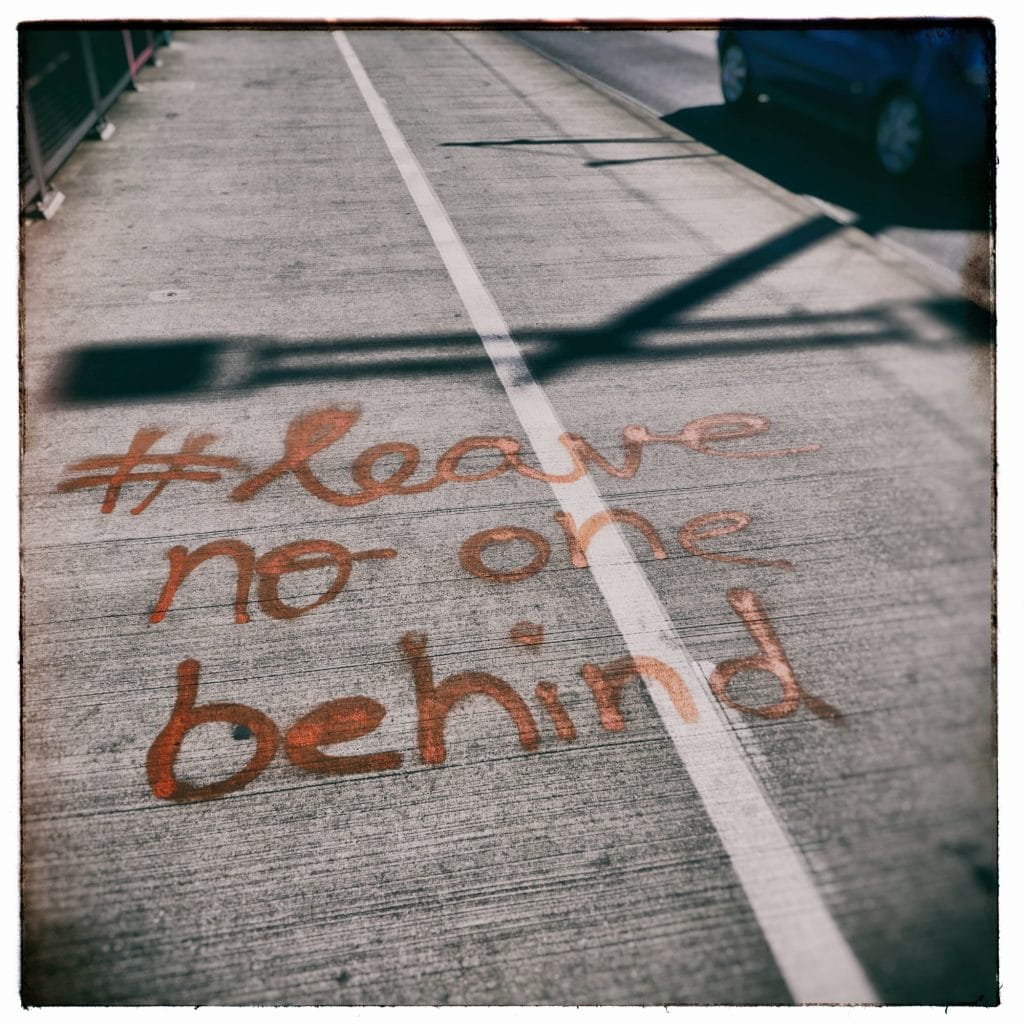
Camp Moria, housing 13,000 refugees mainly from Afghanistan, burnt down on 8 September. The tragedy has been long in the making—Europe has failed the migrants in Moria for years, forsaking them to a sub-human non-life in overcrowded refugee camps. Those of us who hoped that the dramatic fire would act as a wake-up call have seen little progress this past week in the wake of the fire. Europe, except for Germany, has so far responded in a cold and calculating way.
The little response we have seen has mainly focused on unaccompanied children and to a lesser extent on families. The Netherlands, for example, has offered to receive a few hundred families from Moria. The ‘offer’ is even less generous than it appears, as their number will be deducted from the total number of vulnerable refugees to be received by the Netherlands on the basis of a standing agreement with UN refugee agency UNHCR, much to the dismay of the agency.
The focus on unaccompanied children plays into the primary feelings of sympathy of many Europeans. A Dutch woman who started a campaign to collect sleeping bags for Lesbos told a reporter from the national news agency in the Netherlands: “I am a mother. When I see children sleep on the streets, I must do something, no matter what”. It may be natural for people to respond more to suffering children than to adolescents and adults, but surely politics should not only be dictated by motherly instincts alone?
It remains important to unpack the thin policy response to the fire in Moria. The focus on children and families makes a false distinction among refugees that makes it seem as if only children are vulnerable. It is a cheap, yet effective trick that puts 400 child refugees in the spotlight to distract the attention from the almost 13,000 others that live in similar squalid conditions.
Unfortunately, we have landed ourselves in a time where official politics are not guided by cherished and shared institutions like the refugee convention, which stipulates that people fleeing from war are entitled to be heard in an asylum procedure and, while the procedure is pending, received in dignified circumstances. Instead, policies seem cynically oriented towards one goal only: deterrence. The underlying idea of policy comes across as something along the lines of “[l]et 13,000 people suffer in front of as many cameras as possible so that desperate people will refrain from crossing the Mediterranean to seek shelter and asylum in the affluent countries of Europe”.
While 13,000 people suffer, the gaze of Europe singles out several hundred children for our solidarity. The distinction between these children and the other refugees rests on two equally weak arguments.
Firstly, it is implied that children are more vulnerable than other refugees. Whereas this is true in some respects, the level of despair and hopelessness experienced by all people in Moria is shocking. During my visit to Lesbos last year, aid workers told me that many refugees in Moria—children, adolescents and adults—suffer from a triple trauma. The first one was caused by the violence that triggered their escape, the second by the long passage to Europe and the crossing of the sea, and, finally, new trauma arising from the dismal conditions in the camp, the permanent state of insecurity, and the lack of future prospects. A vast majority of the people in Moria qualify to be seriously considered in asylum procedures because they fled from the violence of war and are extremely vulnerable.
Secondly, the focus on children leans on an idea of ‘deserving’ versus ‘undeserving’ refugees. Children cannot be blamed for their situation and are presumed innocent. The same applies to women in the eyes of most people. Adult men, and especially single (young) men, on the other hand, are looked at with a multitude of suspicions. Men are associated with violence and often suspected to be culprits rather than victims of war. They are also distrusted as they may be associated with sexual violence against women that is indeed widespread, but certainly does not hold true for all men. Finally, they don’t solicit feelings of sympathy because they are considered strong and capable of managing their own survival. Or worse, they are considered fortune seekers instead of bare survivors of war.
However, it is a myth that men should not deserve our sympathy! In situations of war, men are more likely than women to be exposed to violence – killing, torture, arbitrary arrest, or forced subscription in a regular or rebel army. Traumatized and destitute, they find themselves in a situation where they do not qualify for many of the aid programmes that are based on the same gender biases and reserve their resources for women and children. Quite a lot of young men see no other option than to prostitute themselves in order to survive.
Singling out unaccompanied children therefore is delusional. It seems to be designed to placate the large numbers of Europeans who want to act in solidarity with refugees. Our politicians keep telling us that social support for refugees has dried up, but while they listen in fear to right-wing populists, they are blind to the wish of equally large constituencies that want to welcome refugees.
As we are left in anger and shame, let us not step into the false dichotomy of deserving/undeserving refugees. Policy should be guided by legislation, not by false distinctions that are based on and reinforce popular sentiments. All refugees in Moria, irrespective of their gender or age, should be able to tell their story while being sheltered in dignity. All these stories need to be heard in proper asylum procedures—without prejudice.